Issue
More than a century and a half after Canada’s founding, Canadians still cannot buy, sell, or work freely within their own country. In order to protect local special interests, provincial governments have adopted all kinds of measures that erect barriers to trade and labour mobility.
Goods such as alcohol and agricultural products cannot be sold freely across provincial borders because of government monopolies or regulations. Nurses, accountants, or engineers have problems finding work in another province because their skills are not automatically recognized. Safety rules vary from one province to another.
In some cases, it is easier for a Canadian company to sell its product in another country than in another province or territory. This hinders competition and impedes the growth of firms. Canadian consumers are therefore forced to pay more for goods and services.
This is not what the Fathers of Confederation had intended. Section 121 of the Constitution states that goods must be “admitted free into each of the other provinces.” However, in the 2018 landmark Comeau case, the Supreme Court ruled that measures which have the effect of limiting trade are unconstitutional only if it can be demonstrated that this is their “primary purpose.” This level of proof would be extremely difficult to establish in most cases.
Facts
The 1994 Agreement on Internal Trade negotiated between Ottawa, the provinces, and the territories, failed to eliminate barriers. Its successor, the Canadian Free Trade Agreement, came into force in 2017, but almost half of its 345 pages contain exceptions and opt-out measures, rendering it ineffective.
From an economic point of view, interprovincial barriers have the same effect as customs tariffs imposed on imports from other countries. According to a Statistics Canada study, the level of trade within Canada corresponds to what would be expected if each province imposed a 7% tariff on “imports” of goods and services from other provinces.
A 2016 study published in the Canadian Journal of Economics concluded that interprovincial trade barriers cost Canadians roughly $100 billion in lost economic opportunities annually. This is equivalent to a staggering $7,500 per household every year.
Our plan
Freeing our economy from these interprovincial trade barriers would help families and businesses. It would also increase competition, raise productivity, and unite our country.
A People’s Party government will:
- Reassert the authority and leadership of the federal government on internal trade.
- Use section 91(2) of the Constitution, which gives Ottawa exclusive power to regulate matters of international and interprovincial trade, to force provinces to apply the principle of mutual recognition where applicable. This principle means that if a worker, product or service meets regulatory standards in one province, then other provinces will trust that they meet their own standards.
- Appoint a Minister of Internal Trade whose sole responsibility will be to conduct studies, raise public awareness, counteract the influence of special interests that benefit from interprovincial barriers, and put pressure on provincial governments to get rid of them.
(Updated for the 2021 Campaign)
